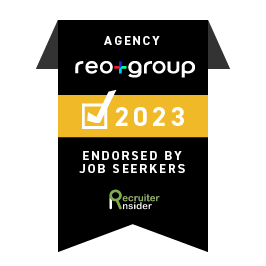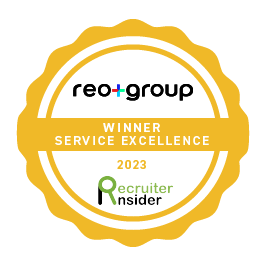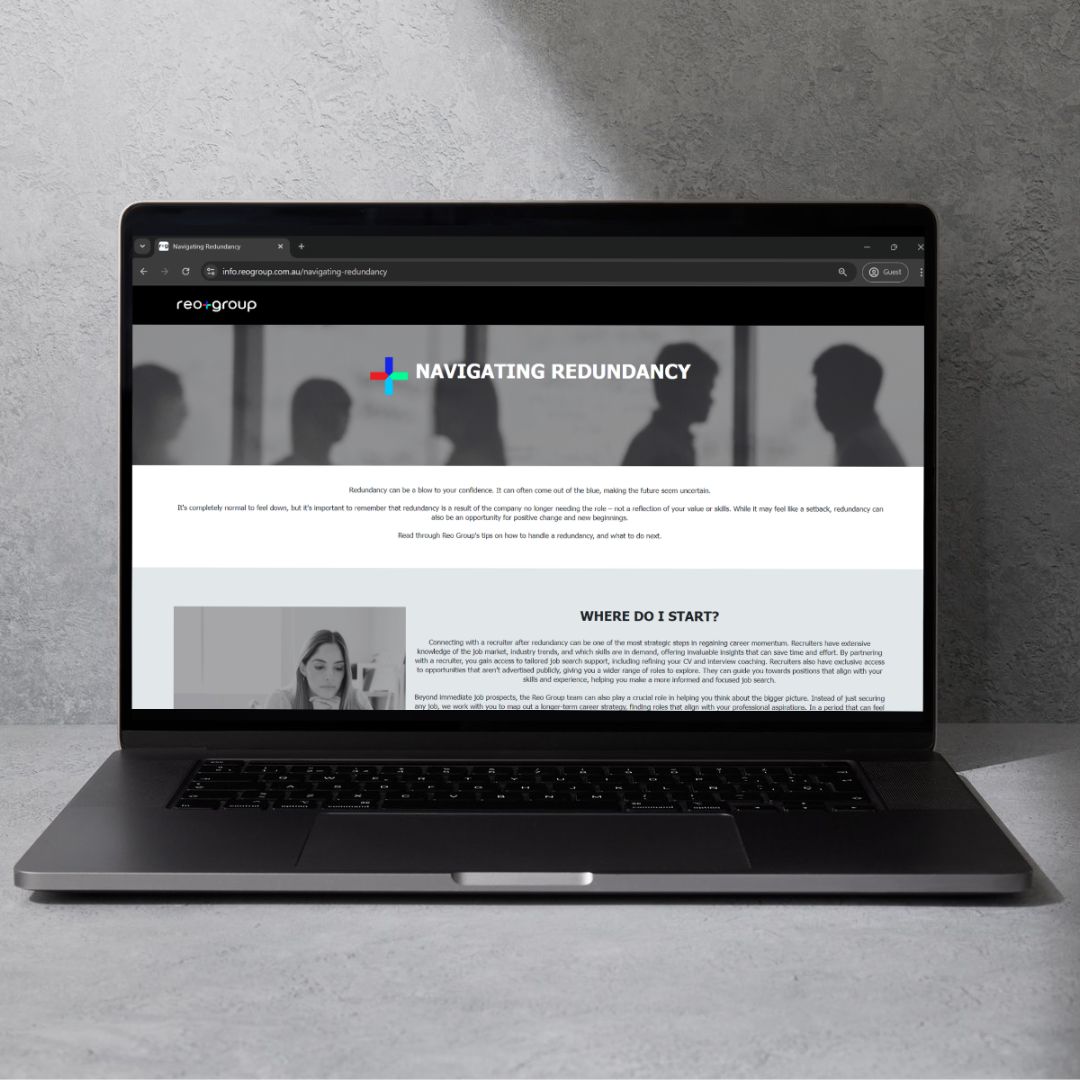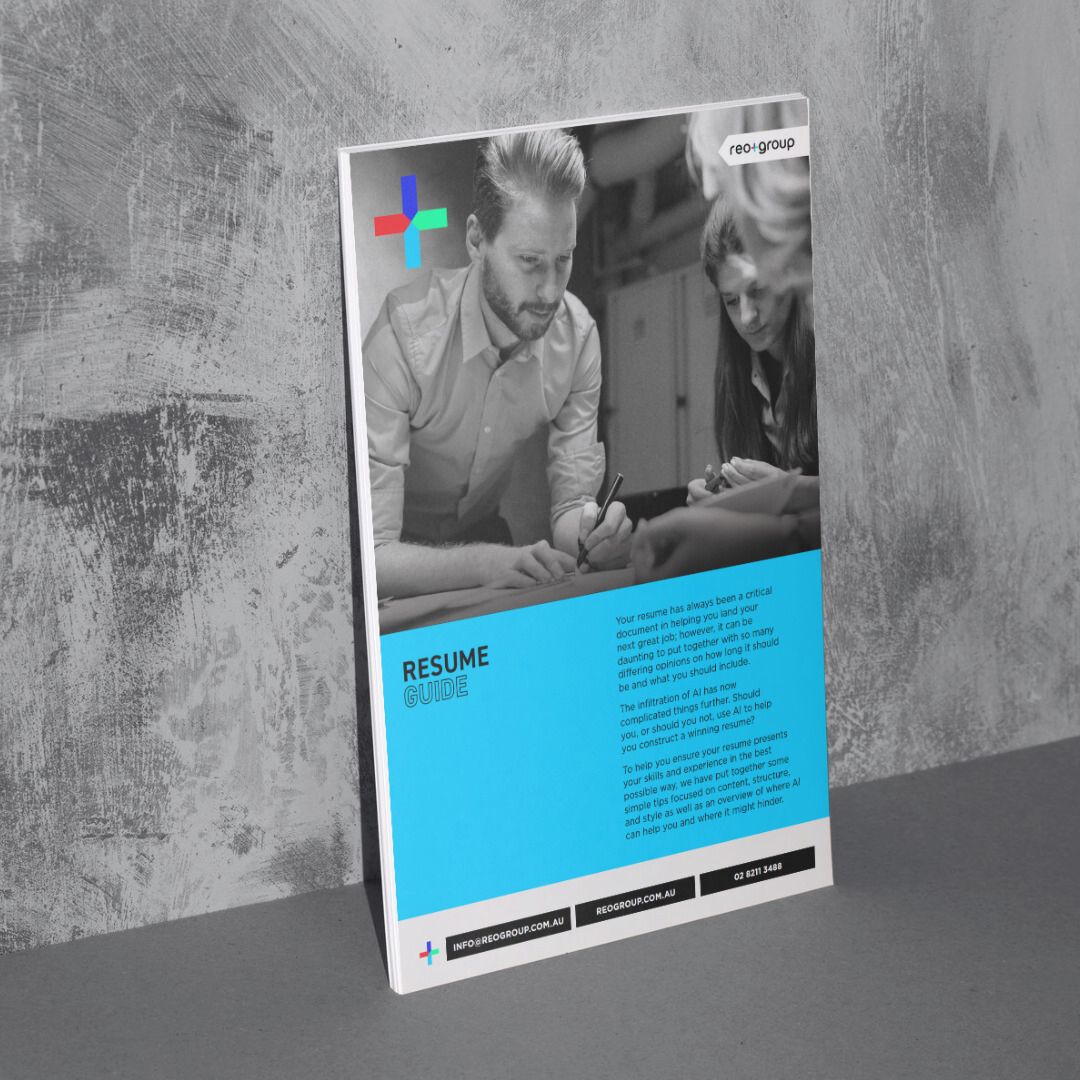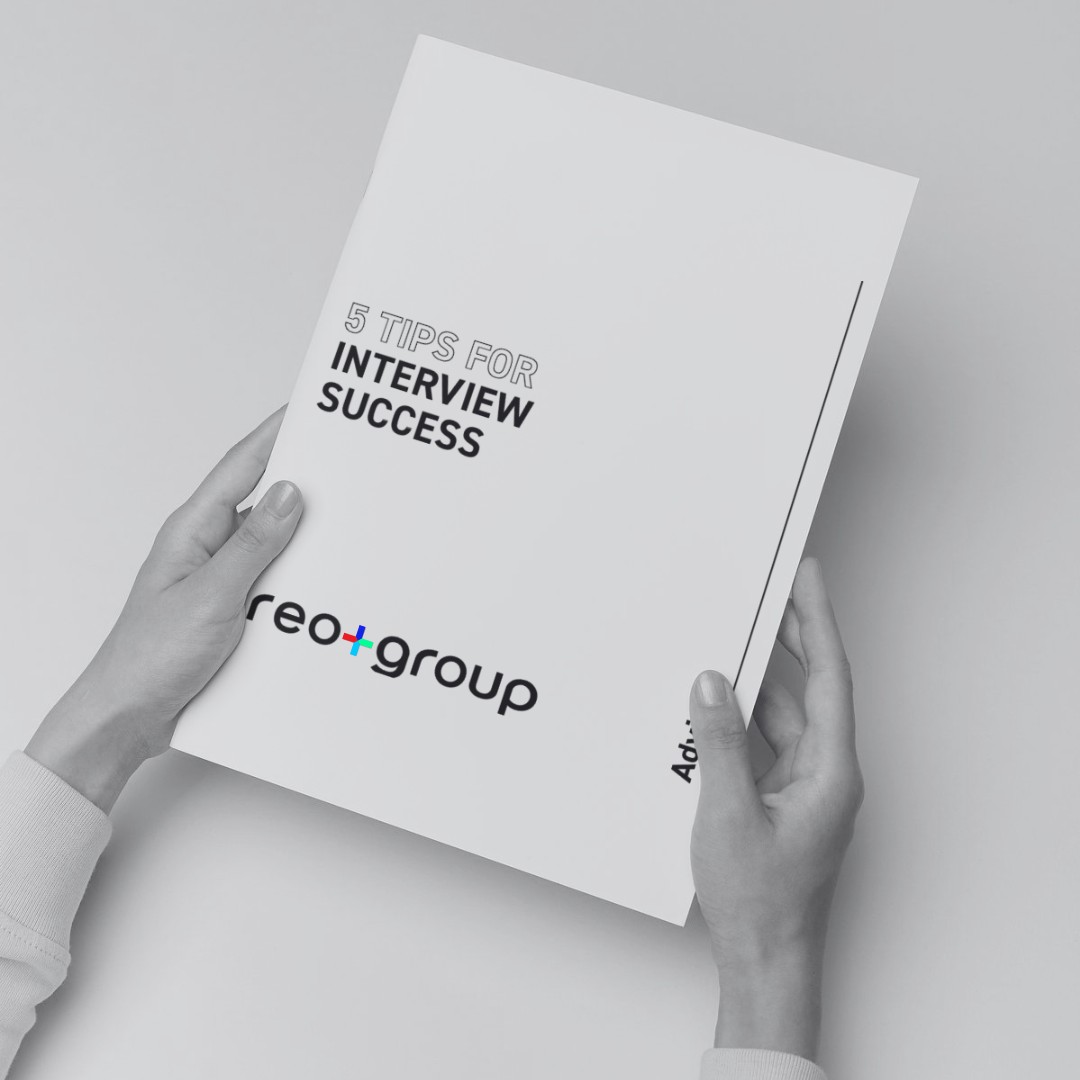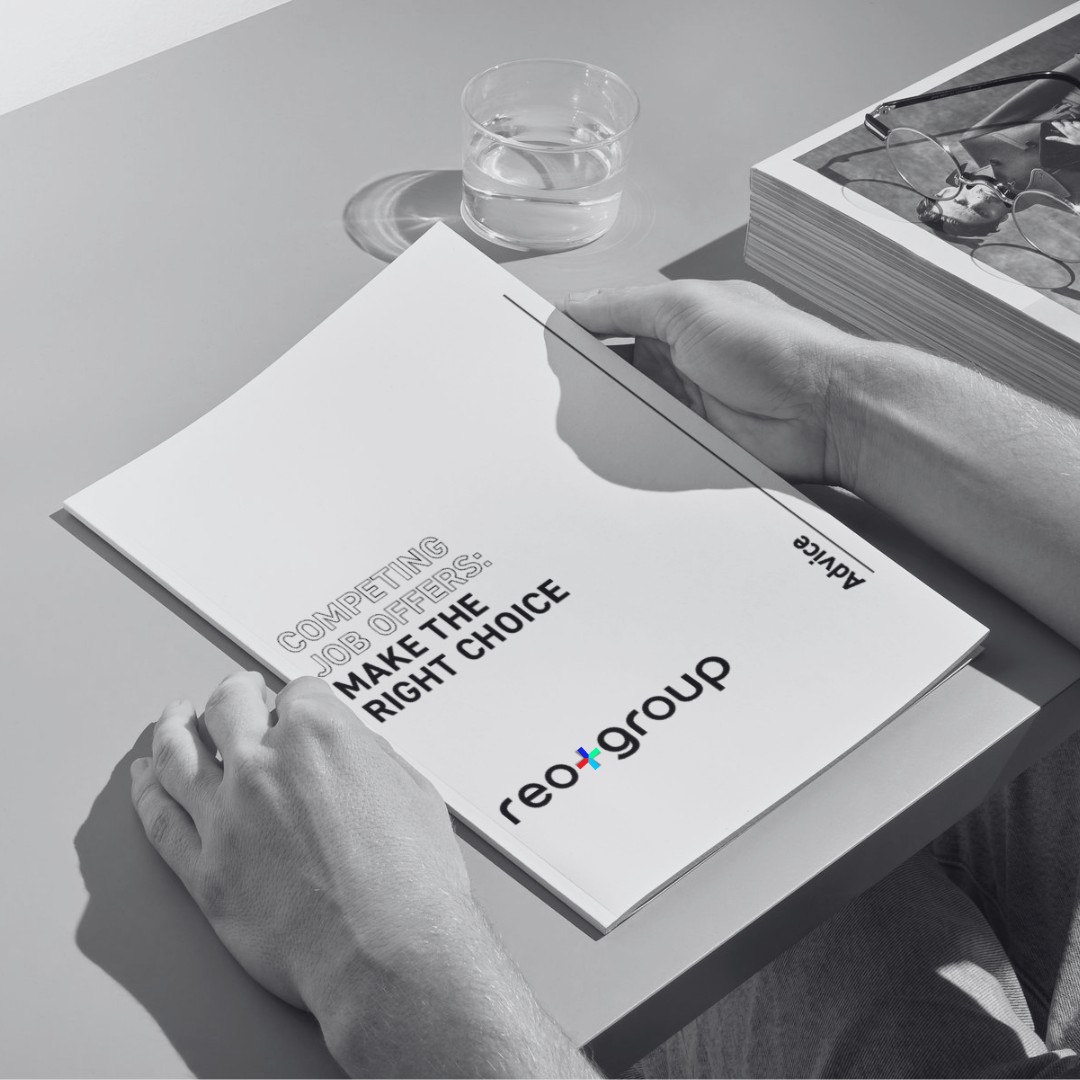This can be a disarming question, but the best approach is to always tell the truth. You may have a career gap for a multitude of reasons, including redundancy, tough job markets, personal health, raising families, and more. Remember that the person interviewing you is human too – they understand that life is not perfect, and circumstances arise where it can render you unable to work or unable to find a job.
Provide context for your career gap with confidence. If you come across as apologetic and ashamed, the interviewer will pick up on this. The more calm and confident you are when you speak, the more at ease the interviewer will be with your answer.
If you can, pick out good things that came out of your career gap. For example, if you were struggling to find a job after a redundancy, talk about how it was a good opportunity for you to upskill and develop professionally. If you took time off to care for a sick relative, talk about how it required high levels of time management, organisation, and empathy.
Make sure any career gaps are clearly outlined in your resume to ensure transparency.

